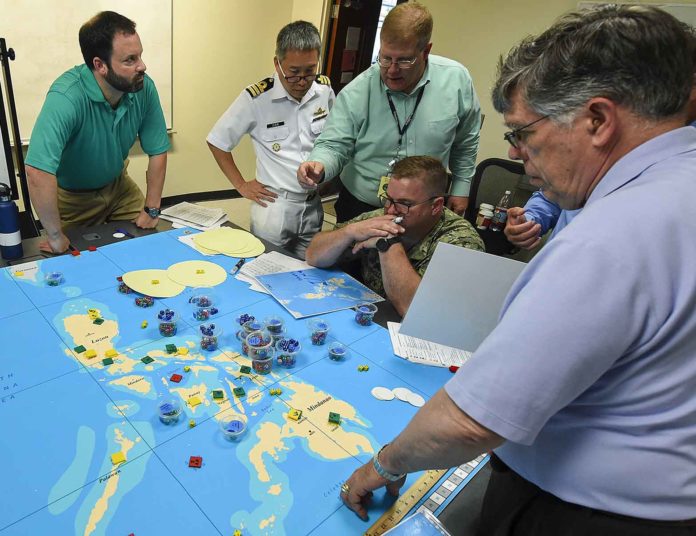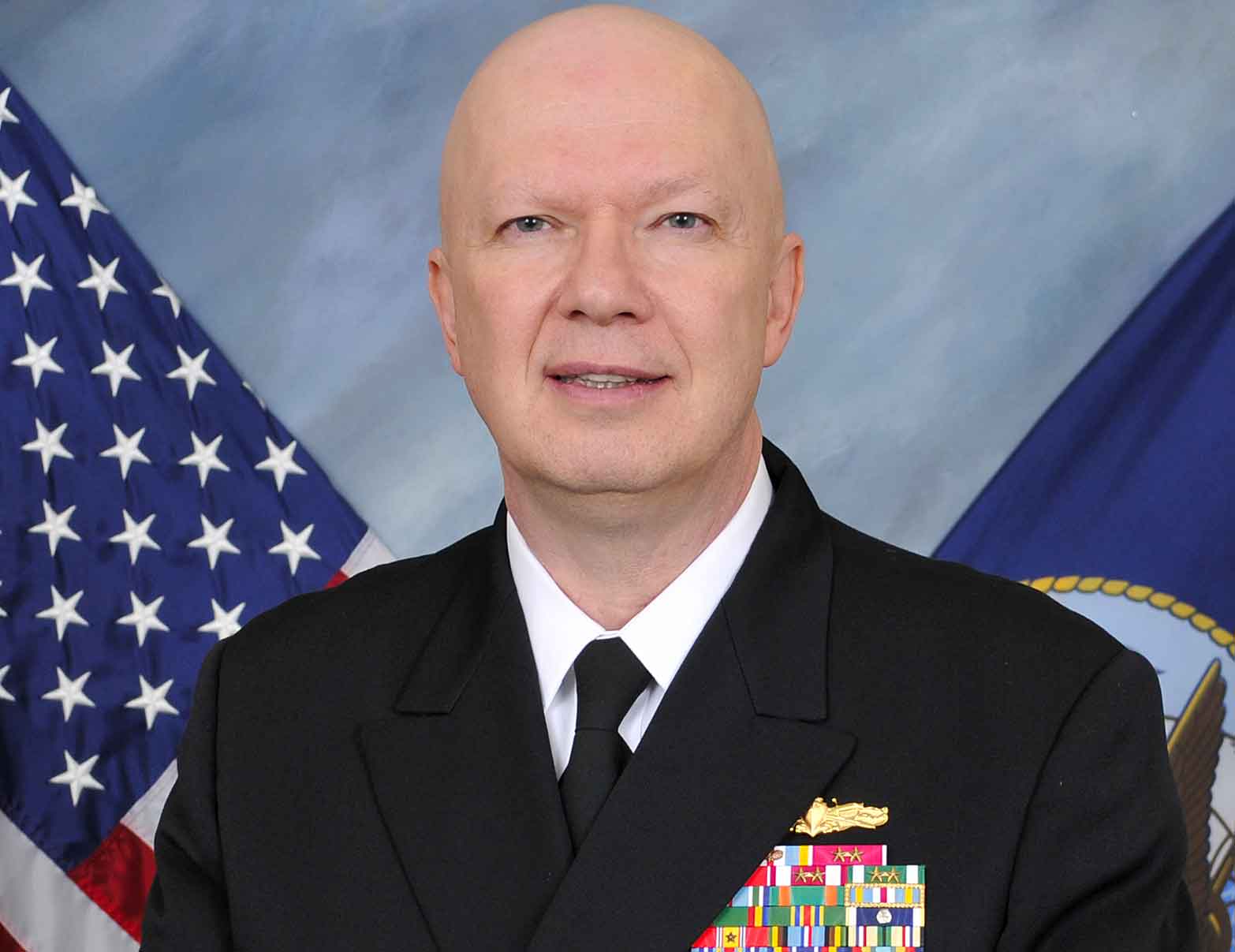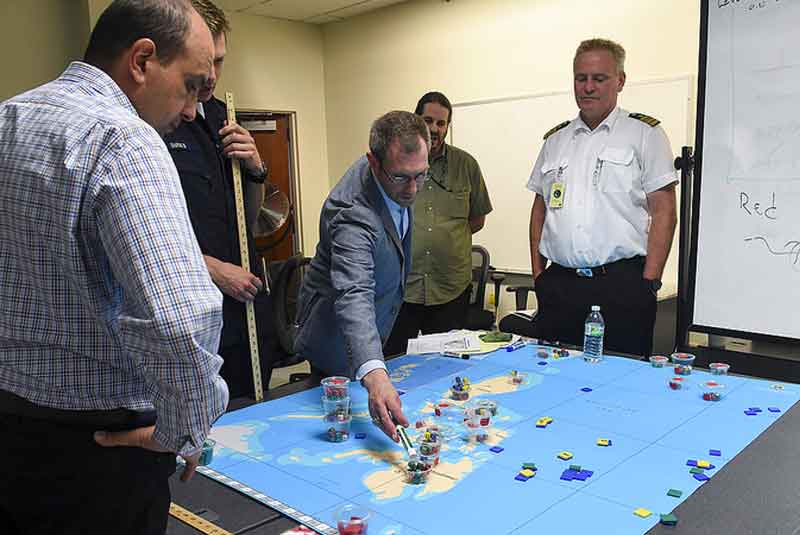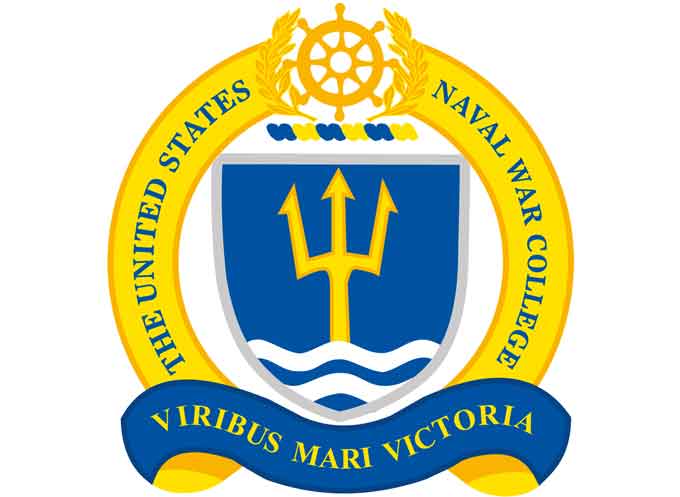
U.S. Naval War College’s (NWC) International Programs and NWC’s Wargaming Department have teamed up to launch the first international wargaming course.
The purpose of this course is to introduce international partners to the fundamental concepts of wargaming through the project management process, guided discussions, case study, group activities and practical application.

“The college’s first international wargaming course marks a significant milestone for us,” said Rear Adm. Jeffrey A. Harley, NWC’s president.
“With our international partners, we practice together so that during real-world operations, we can operate as one seamless team.”
“We continue to support our international partners in many different ways and this is the latest initiative that continues to strengthen our global maritime partnerships while demonstrating the critical need of our college.”
The two-week international course was delivered through lectures and presentations in a classroom environment that included guided discussions, practical applications, small-group activities and analysis of existing wargames.
The different ways of delivery throughout the course allowed for context and reinforcement of classroom instruction.
(Learn More. Capt. Richard LaBranche, PhD, USN Ret., chair of the US Naval War College’s wargaming department, discusses improving wargaming, taking phase zero (or pre-hostility) considerations into account, integrating other military services’ capabilities — including air, space and cyber — into war games, and much more during a wide-ranging, May 2018. Courtesy of Defense & Aerospace Report and YouTube. Posted on Jun 11, 2018.)
“I found this course to be an eye opener,” said Royal Malaysian navy Cmdr. Chinkeat Gan.
“When I go back to my country, I am going to be one of the teaching staff at our staff college, and I plan to take what I learned here back with me to teach those in the Royal Malaysian navy how to be better wargamers.”
Throughout the course, the students were able to understand, execute and analyze wargames.
This allowed for students to gain insight on complex maritime problems utilizing simulated and plausible scenarios.
Students were also able to build on international collaboration in the operational planning and execution of contingency operations in a fiscally constrained environment.


















